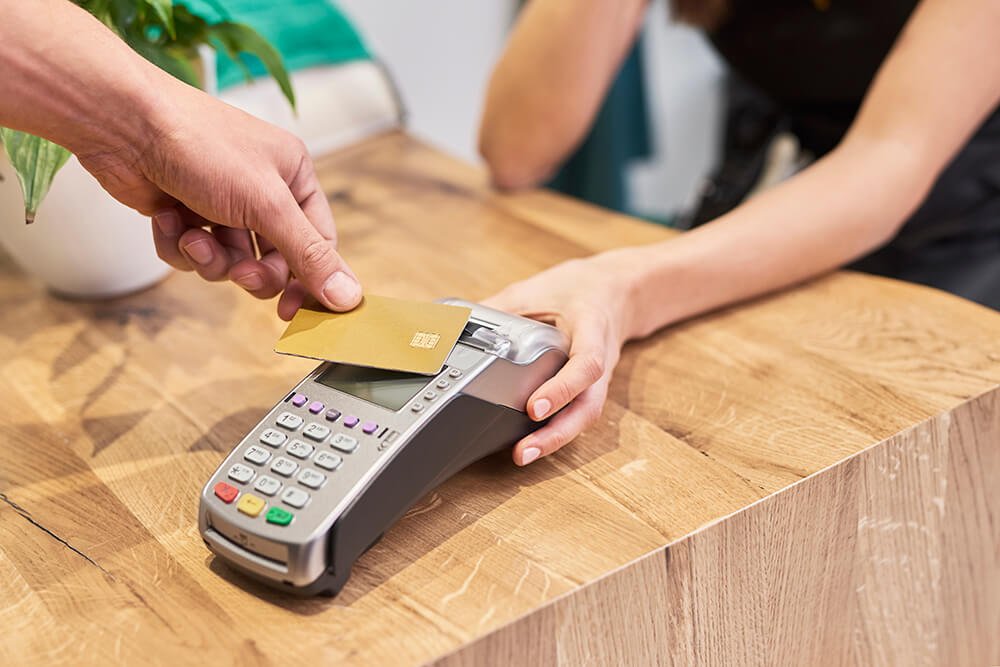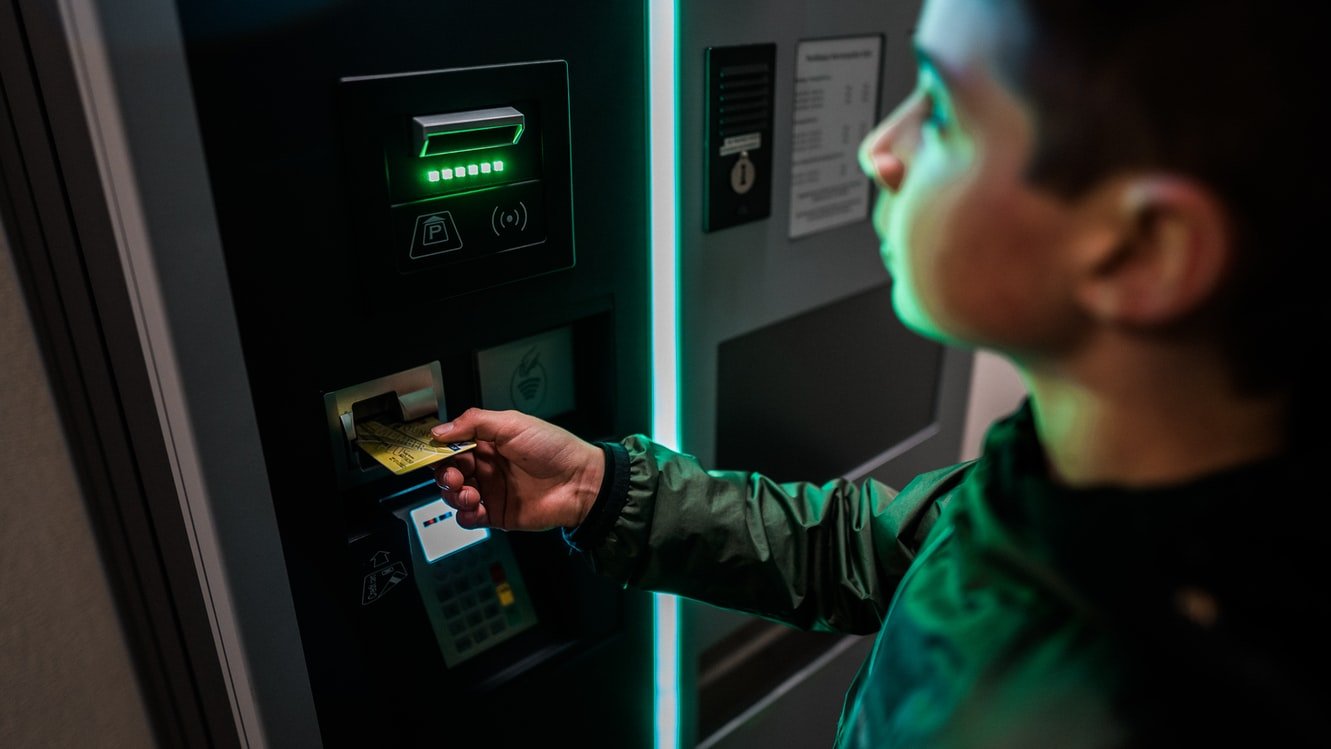What is Shopify? Guide to How Shopify Works
In addition to providing small company owners access to an admin panel where they can enter shop data, add items, and process orders, Shopify is also a cloud-based software that functions on an annual subscription basis. Because the software is simple to use and has a low learning curve, you will be able to get your online store up and operating in no time.
Because Shopify is simple to use, if you're confident in your ability to navigate your way through the setup process on your own, you should have no problem getting started.
Choose from a large number of design templates that are both free and available for purchase on the site. Designed to be clean and contemporary, these themes are easy to customize, and Shopify offers a range of editing tools to help you make your theme match your brand.
In addition, a Shopify membership offers safe, dependable site hosting for your website, so you can focus on running your business. No need to be concerned about your website going down during heavy traffic or about hackers stealing your transactions with our service. Shopify has you covered with a 99.98 percent uptime guarantee and a complimentary SSL certificate. Of course, you'll need to select your subscription level from among the options listed below:
Basic Shopify: For $29/month, you get two staff accounts, up to four locations, access to online marketplaces and social media, and an unlimited number of items in your online shop. Advanced Shopify: For $99/month, you get limitless products in your online store.
Shopify: The Shopify plan, which costs $79 per month, includes five employee accounts, up to five locations, access to internet marketplaces and social media, and the ability to sell an infinite number of items.
Advanced Shopify: For $299/month, Advanced Shopify provides access to 15 employee accounts, up to eight locations, access to online marketplaces and social media, and an infinite number of product categories.
How Does Shopify Work?
For more than a decade, the Shopify ecommerce platform has served as an excellent starting point for aspiring ecommerce entrepreneurs. It all started when the creator wanted to sell snowboards online but couldn't find a solid, user-friendly ecommerce platform to do so on. As a result, the Shopify platform was created.
Shopify allows you to sell a huge variety of products, both real and digital, to customers all over the world. Because of this, Shopify is an excellent choice for ecommerce entrepreneurs that want to offer a single product or a diverse variety of items and services.
Shopify is considered to be one of the first ecommerce systems. It was created to make it easier for merchants to sell their things online, and they've continued to improve at making it easier for merchants to do so.
Advantages of Shopify
Shopify's ease of use is by far the most important reason why merchants use it. Shopify is designed for the common user rather than for highly knowledgeable engineers. Add items, offer discounts, and process orders are all straightforward processes. With Shopify's drag-and-drop editing interface, creating a website is simple and user-friendly for everyone.
Modest Initial Investment: Shopify's relatively low monthly fees make getting started inexpensive. The most basic plan is available for $29/month, while the mid-level plan is available for $79/month.
Beautiful Themes: Merchants that subscribe to the service may pick from a wide range of free, mobile-responsive themes. Premium (premium) themes are also available for merchants that like to have a greater variety of choices.
Drop shipping-Friendly: Shopify is the platform of choice for many drop shippers because of its ease of use.
Drop shipping from your Shopify admin has never been easier thanks to Shopify's drop shipping integrations with industry leaders.
There are several help options available, including phone, live chat, and email. Additionally, self-help resources are accessible. Customers like that Shopify's customer service is available after hours and on weekends and holidays.
Connected.co
In addition, our payment gateway is cutting edge, allowing you to route transactions strategically, spread risks effectively, and maximize your sales around the globe. In addition, our API is extremely reliable, our chargeback protection is incorporated in, and our Ul is quite simple to use!
Connected.co is a team of dynamic payments specialists that are the finest in the business at what they do. We are the best at what we do. We take great pleasure in providing excellent service to our clients. We measure our success not just in terms of the quality of our services, but also in terms of the strength and longevity of our connections.
JW Epply has been a senior executive for over 10 years, during which time he has met and exceeded growth and revenue goals in exceedingly difficult verticals. Epply is recognized as an efficient, dynamic leader with a strong background in sales and sales process, management, and organizational strategy. He holds a Bachelor’s Degree in Organizational Management from the University of Wyoming, and is an accredited Certified Payments Professional (CPP) from the Electronic Transactions Association (ETA).





















